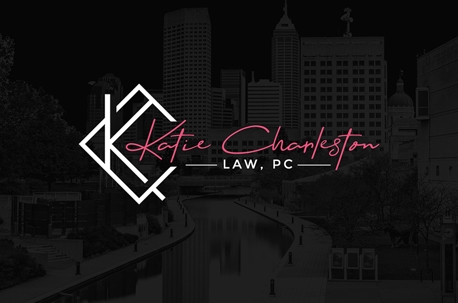Non-profit organizations operate under a special set of rules set by the IRS and States to allow them to claim tax-exempt status, but that does not mean that they are not a business. Quite the contrary, a non-profit is akin to a business with additional regulations, which is why one might argue that a non-profit organization needs a lawyer more than a for-profit business.
Since non-profits typically start with a smaller budget than a for-profit business, they are quick to disregard the need for legal assistance. This can be troublesome, however, when the rules and regulations of a nonprofit must be navigated.
First and foremost, a lawyer can ensure your compliance with your tax-exempt status. There are rules surrounding the organization’s activities when it comes to lobbying, promoting donor or affiliate interests, and engaging in illegal activities. For example, many nonprofits rely on annual corporate sponsors for their operating budget and may be tempted to offer them something more than acknowledgment in exchange for their support. If the exchange creates more than an insubstantial benefit to the corporate donor, the organization could face penalties.
A non-profit faces many of the same challenges as a for-profit business. Contracts, employment, insurance, compliance, and litigation are all non-discriminatory. A lawyer can help you plan to avoid issues in these areas as well as meet challenges as they arise.
An additional layer of support that a lawyer can help a nonprofit with is planned giving. Whether it is annual support, endowments, or bequests in an estate plan, a lawyer can help you put a plan in place to attract, draft and assist donors with these gifts. A lawyer with a background in business and estate planning can further assist with tracking and ensuring tax compliance with these gifts.
A lawyer can also assist with litigation. While non-profits are typically well-meaning, they are not immune from accidents or lawsuits. Unfortunately, a simple accident can destroy a non-profit. A lawyer can help limit your exposure to prevent accidents and injuries and assist with resolution or litigation for those that fall through the cracks.
The bottom line: non-profits need lawyers too. A well-intended cause has as much, if not more, exposure than a for-profit business. Investing in legal counsel to help navigate the laws around the organization is crucial to its success.
The post Does My Non-Profit Need A Lawyer? appeared first on Katie Charleston Law, PC.

